Lala Lajpat Rai was one of the outstanding leaders of modern India, a contemporary of Dadabhai Naoroji, Tilak, Gokhale and Gandhi. His public life spanned the last decade of the nineteenth century and the first three decades of the twentieth century. He practised law at the Lahore Chief Court and built up a lucrative practice, but was drawn very early into public activities pertaining to religious, educational and social reforms and then into nationalist politics. Lajpat Rai was one of the foremost leaders of the Indian National Congress. His arrest and deportation without trial to Burma in 1907 created a great sensation in India. He spent the war years (1914-18) in the United States propagating the Indian case for self-government. He returned to India in 1920 and had the honour of presiding over the Calcutta session of the Indian National Congress, which approved of Gandhi’s campaign for Non-Cooperation with the government. He was deputy leader of the Swaraj Party in the Central Legislative Assembly and played a prominent role in provincial as well as national politics in the 1920s. While leading a demonstration against the Simon Commission at Lahore in 1928 he received injuries in an assault by the police, which hastened his death. The eleventh volume in the series covers the closing months of 1924 and the whole year of 1925. During this period, Lajpat Rai was disturbed by the growing rift between Hindus and Muslims. Gandhi was so much shocked by the communal riots in Sambhar, Amethi, Gulbarga and Kohat–the riot in Kohat was particularly serious–and the desecration of Hindu temples at these and other places that he imposed a purificatory penance of twenty-one days’ fast on himself. Within a week of the commencement of the fast a Unity Conference was held. But the harmony the followed the fast was not to last long. Lajpat Rai wrote a series of 13 articles on the Hindu-Muslim problem in the Tribune–the first article was written on board of the ship while returning from England. His first reaction to Gandhi’s fast one of disapproval. But later, on reaching Delhi, he felt that ‘the impulse which forced Gandhi to take the vow could not perhaps be satisfied otherwise’. ‘I am firmly convinced’, Lajpat Rai wrote, ‘that we cannot create a united India and cannot win Swaraj in any shape, unless the religious canker is removed. Appealing to Hindus and Muslims to do away with threats and distrust he wrote: ‘Let us live and die for each other, so that India may live and prosper as a nation. India is neither Hindu nor Muslim. It is not even both. It is one. It is India.
Indian Economic Policy and Management
$59.40
$66.00


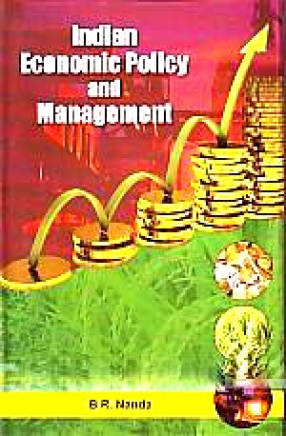
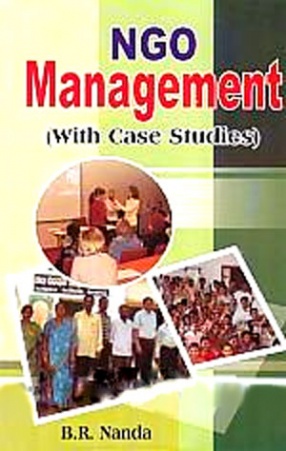
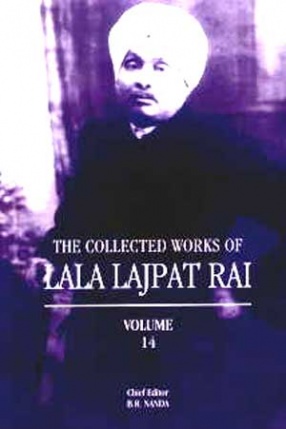
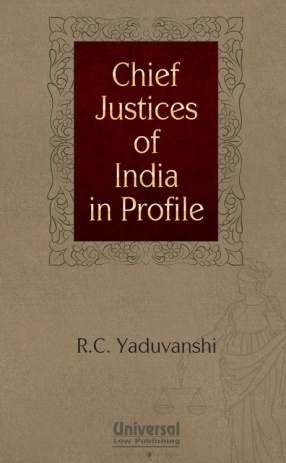

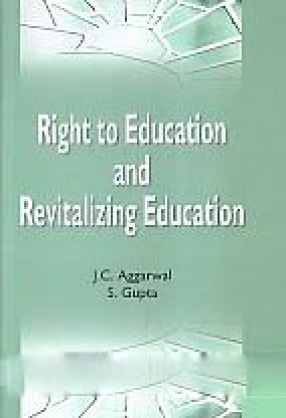
There are no reviews yet.